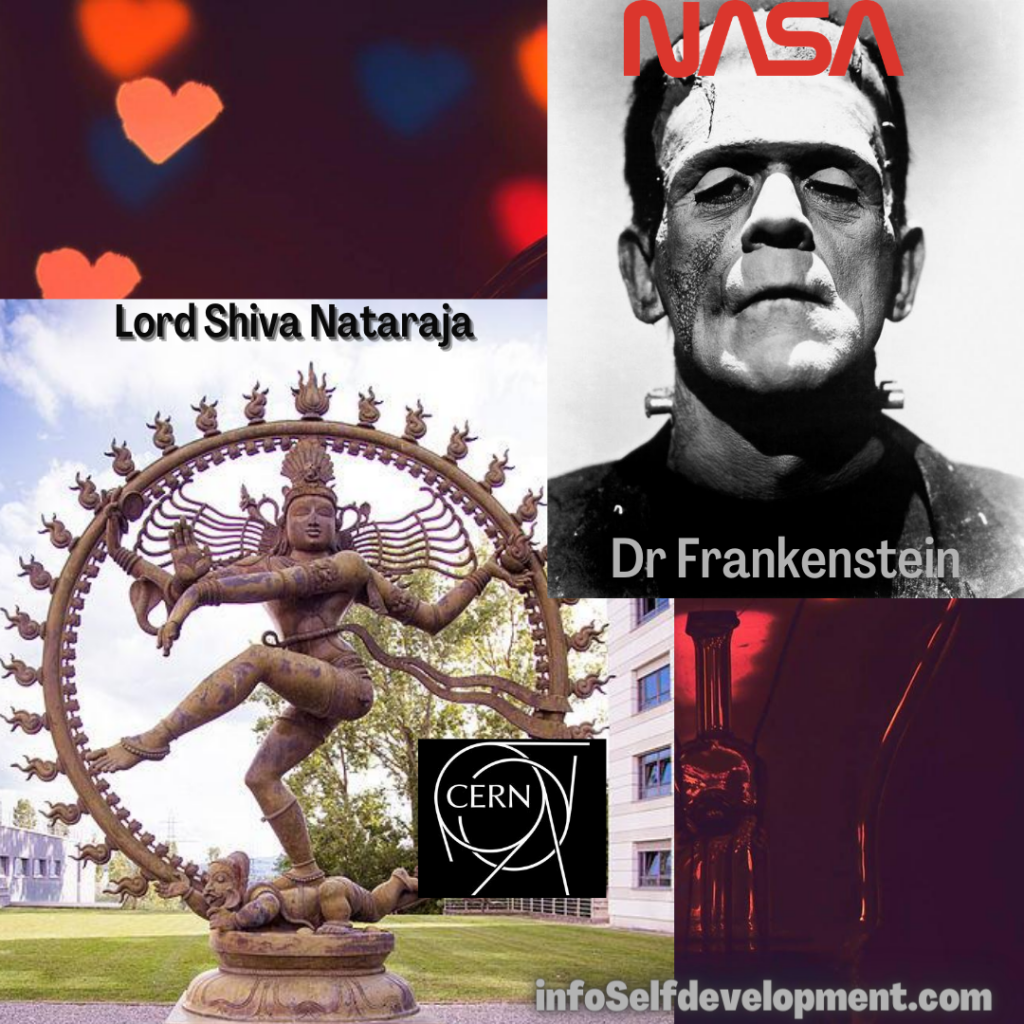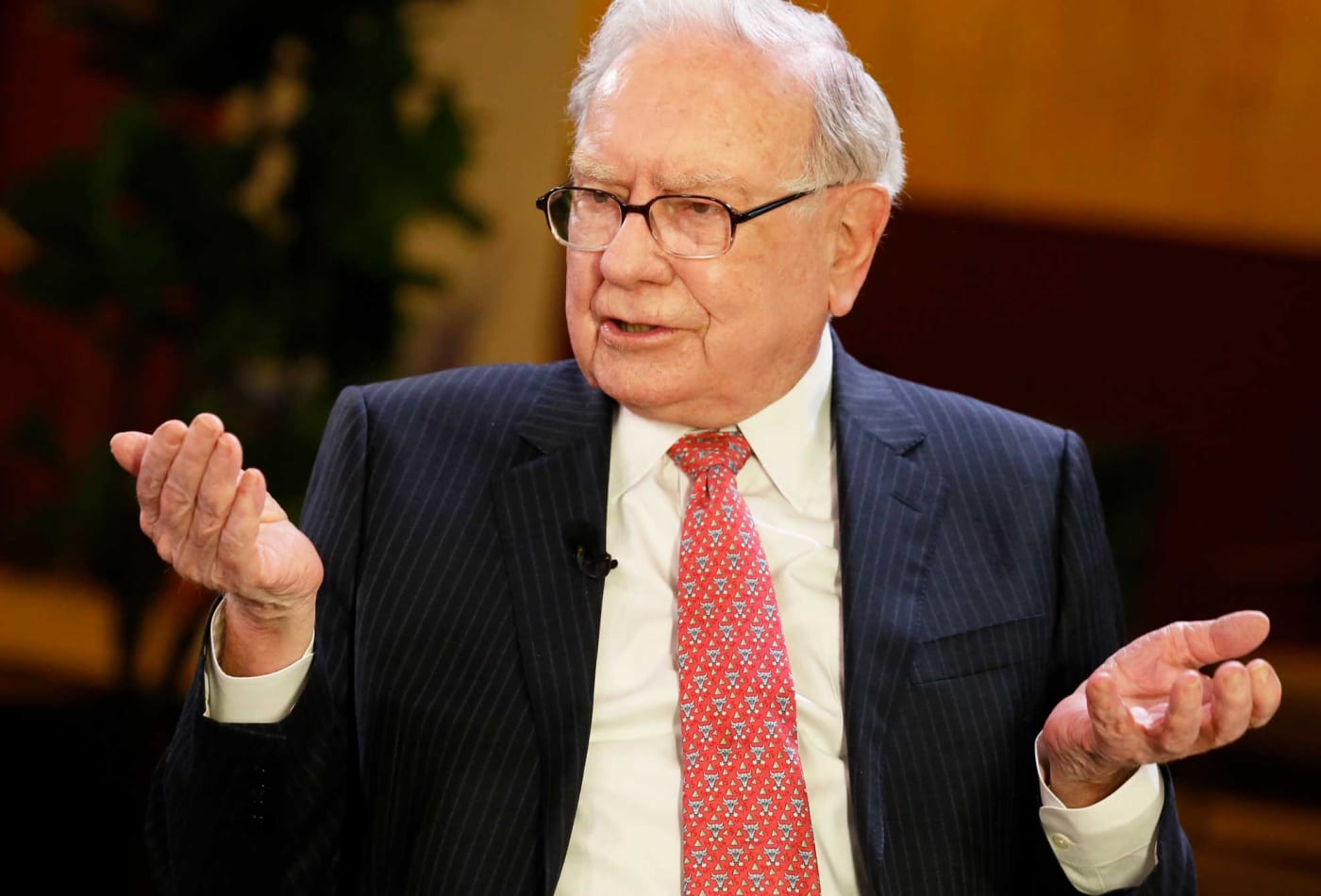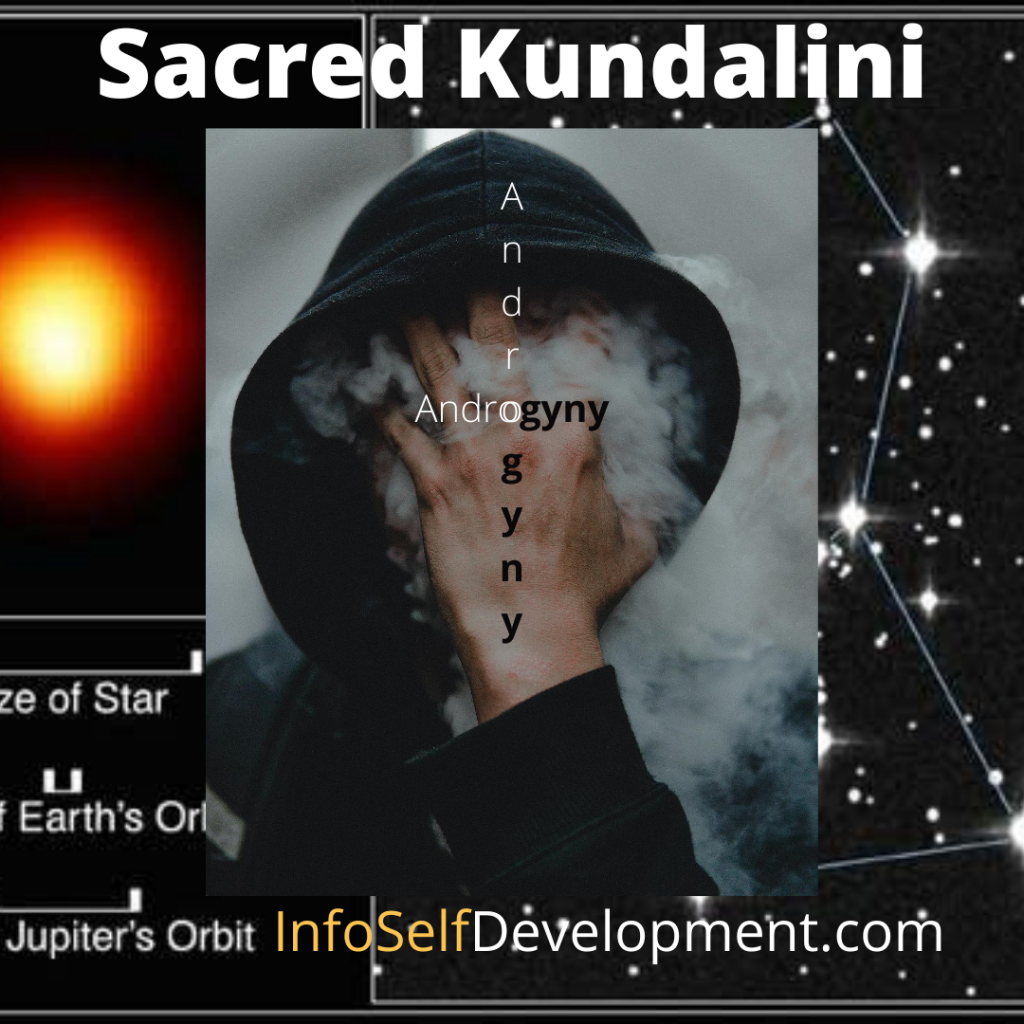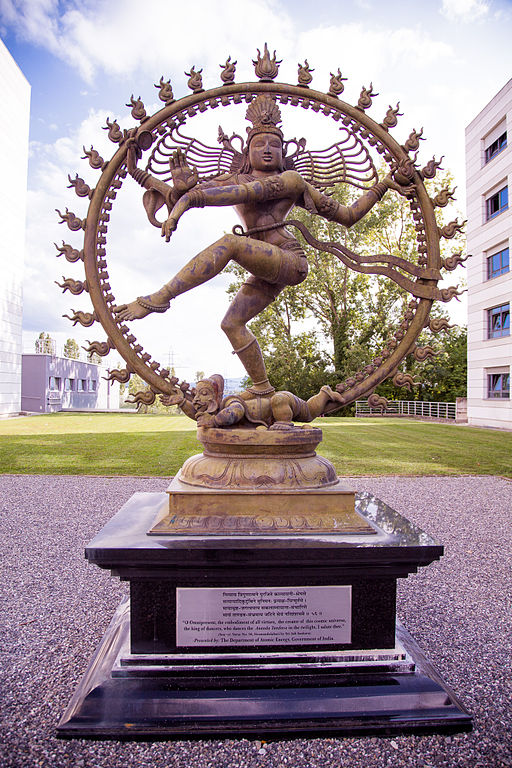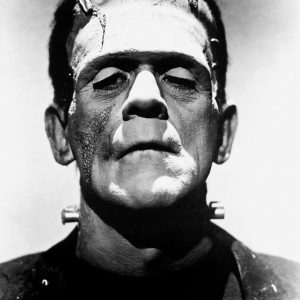Your Life Matters, My Life Matters, Our Lives Matter!!!
EXCLUSIVE: ‘I’ve learnt how fragile all this is’: Diversity’s Ashley Banjo says he’s taking perspective of ‘what really matters’ amid the pandemic
And Ashley Banjo has reflected on how ‘fragile’ life is as he opened up on how he’s reflecting on ‘what really matters’ in the world amid the pandemic.
The dancer told how the impact that the virus has had on the world has really made him access what’s important in life. Continue reading >> www.dailymail.co.uk
How Much Diversity is Enough?
“Vulnerability is the birthplace of innovation, creativity and change.” — Brene Brown
Which diversities are the right diversities? How do we measure progress on diversity? Are diverse people held to a different standard? Are they sometimes expected to be twice as good, but also given more allowances when those in power are searching for diverse representation?
It is easy to become comfortable in our circles. If we recognize the need for more diversity, inclusion comes after we identify our own circumstances and embrace those who are different.
We often put work into recruitment, but not on retention. We can help retain diverse team members by addressing problems immediately, confronting our personal biases and those of our team members, and structuring opportunities for members to learn from each other.
We must sustain the dialogue and action that we have begun, no matter how uncomfortable it may become or how vulnerable we may appear. Continue reading >> www.arlnow.com
‘My life matters.’
A victim of gun violence’s poem hopes for change.
Watch the video at www.buzzfeedzz.com
The 12 most overlooked truths of money and life ‘no one teaches you in school,’ says financial psychology expert
Your skill isn’t that important. What matters is your skill relative to your competitors. This is as obvious as it is overlooked – especially in investing, when you often don’t really know who your competitors are.
The coworkers I’ve gotten the best work done with are rarely the smartest or the most experienced, but the nicest and easiest to work with. Emotional intelligence can be so much more important than book intelligence. I wish they’d teach this in school. Continue reading >> www.cnbc.com
What matters to me, professionally and personally, is a bigger question: How will the universe end?
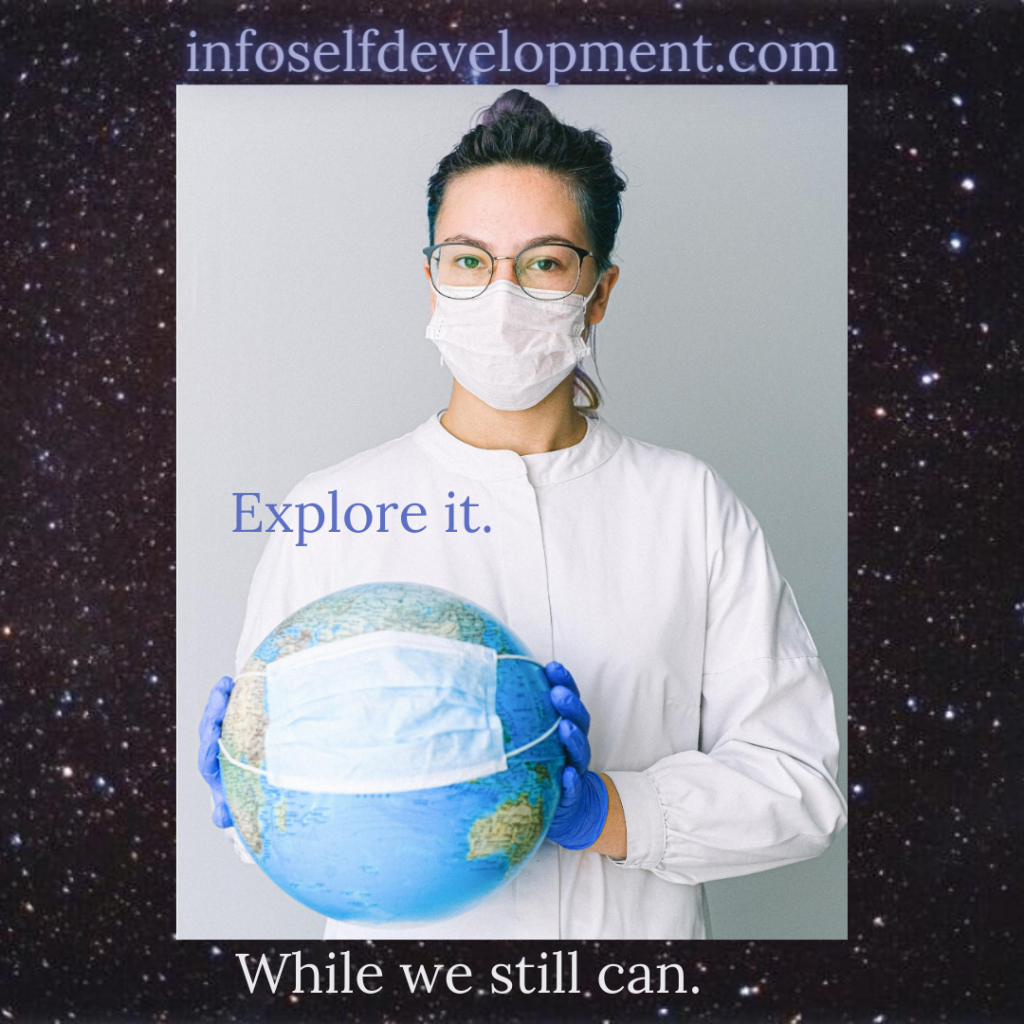
How the Universe Will End, According to a Renowned Astrophysicist
Cosmologist Katie Mack explains the leading theories — from heat death to the Big Crunch — on how the universe will cease to exist.
“Some say the world will end in fire,
Some say in ice.
From what I’ve tasted of desire
I hold with those who favor fire.
But if it had to perish twice,
I think I know enough of hate
To say that for destruction ice
Is also great
And would suffice.” —Robert Frost, 1920
When we ask the question, “can this all really go on forever?” we are implicitly validating our own existence, extending it indefinitely into the future, taking stock, and examining our legacy. Acknowledging an ultimate end gives us context, meaning, even hope, and allows us, paradoxically, to step back from our petty day-to-day concerns and simultaneously live more fully in the moment. Maybe this can be the meaning we seek.
We’re definitely getting closer to an answer. Whether or not the world is falling apart from a political perspective, scientifically we are living in a golden age.
As much as pop culture would have you believe that science is all about eureka moments and spectacular conceptual reversals, advances in our understanding come more often from taking existing theories, pushing them to the extremes, and watching where they break.
What that means for us as human beings, living our little lives in all this inconsiderate vastness, is another question entirely. We don’t know yet whether the universe will end in fire, ice, or something altogether more outlandish. What we do know is that it’s an immense, beautiful, truly awesome place, and it’s well worth our time to go out of our way to explore it. While we still can. Continue reading >> onezero.medium.com
WHAT MATTERS IN YOUR LIFE?
Action Matters
“The earlier concept of a universe made up of physical particles interacting according to fixed laws in no longer tenable. It is implicit in present findings that action rather than matter is basic…This is good news, for it is no longer appropriate to think of the universe as a gradually subsiding agitation of billiard balls. The universe far from being a desert of inert particles, is a theatre of increasingly complex organization…a stage for development in which man has a definite place, without any upper limit to his evolution.” ~ Arthur M. Young, The Reflexive Universe.
This Action Matters piece caps off my book, it has an ineffable quality to it…it’s like a koan… that consciousness is “engagement” not mere reaction. To think that our action-maps are the basis of our belief system and determine our lives is too much for the mind to really grasp. Perhaps because it interferes with our normal sense of a linear arrow of time, and points to a deeper understanding of Karma.
I notice that the degree of synchronicity in ones life is related to the level of kundalini/elan vital and Mystery that one is encompassing at that time. You don’t get a lot of synchronicity happening during burnout or depression conditions. Also if one goes to highly conscious cities like San Francisco, synchronicity goes up. When one is on the edge, risking and flowing in a transrational motivating-force to action…then synchronicity occurs.
It could mean that “consciousness is actually a fundamental force of action in nature.” That consciousness itself is action, and it is consciousness that moves everything in the universe with varying degrees of intelligence. And that synchronicity is the awareness or aperception of the inherent “grain to the cosmos”…the World Soul or Akashic Field…which is the consciousness underlying the Materialization of all matter. Continue reading >> The Biology of Kundalini
This pandemic has taught us that science matters. In a sea of misinformation, communication is crucial
Malcolm Love says science communication has never been more important, as conspiracy theories grow.
Scientific knowledge belongs to everyone
Breaking the geeky stereotype might inspire more young people to become the scientists of tomorrow
Knowing some science adds another level to the appreciation of everyday life and so on.
CERN and the conspiracy theories
It’s the world’s largest experiment, devoted to finding out more about the fundamental nature of matter by smashing tiny bits of it together at enormous velocities. Sometimes they have a Friday lunchtime talk and discussion ranging from the highly technical to the philosophical.
Talking about the curious conspiracy theories that come their way. It turns out that answering the ‘phone in the communications office can be in turns both hilarious and alarming.
“You need to stop what you’re doing. You’re going to create a black hole that will swallow the earth”. “What are the aliens planning? You must know, they talk to you”. “Why don’t you come clean? Stop covering up. Admit the earth is flat”.
Later that same day, in a taxi from Bristol airport, my driver, apropos of nothing in particular, casually explained to me that we humans had never been to the moon. He’d seen a YouTube video about it.
In a free society, we can believe whatever we like. You can believe that water remembers molecules that were once dissolved in it. You can believe that climate change is a myth or that vaccination is a dangerous conspiracy. But believing these things doesn’t make them true. And, believing such things has consequences.
It appears we have fake news, misinformation and ‘alternative facts’ in epidemic proportions about all kinds of things, including epidemics. There have always been people who believe weird things. What is now of concern is the sheer increase in the numbers of people who believe in weird things. Continue reading >> Malcolm Love, TheJournal.ie
Why it Matters if NASA finds Ancient Life on Mars
When people think of life on other planets, they usually think of intelligent life. There is a persistent idea in society that intelligent extraterrestrial life could save us from ourselves somehow — introduce us to new technologies, or have powers that could heal the sick or wounded, just like in E.T. Or there is the idea that maybe they’d just obliterate humanity completely.
Astronaut Zena Cardman said in an interview after the launch:
‘Yeah, you know we have a lot of experience looking for signs of life and unusual environments here on Earth. So, if you take a look at Mars today it’s very cold and very dry, and we have some places on earth that are actually a lot like that, so places like Antarctica or deserts. But if you want to look for signs in ancient life — life that existed billions of years ago, perhaps when Mars looks maybe a lot more like Earth does today you have to know what those signs of life left behind in the rock record because microorganisms are very tiny and very soft so they don’t leave a fossil the same way a dinosaur would leave a bone or footprint.’
NASA Is Looking For 6 Life-Supporting Elements on Mars, A Planet Believed to Have Been Earthlike Billions of Years Ago
Because NASA’s previous discoveries using other Mars Exploration Rovers, “Spirit” and “Opportunity,” led to “compelling evidence that liquid water once persisted on the surface of Mars,” the goal now is to see if other elements known to support life on earth are also present on Mars. Those elements are carbon, hydrogen, nitrogen, oxygen, phosphorus, and sulfur, according to the agency. Continue reading >> By Amy Beeman on https://heavy.com/news
Helpful Links and Book Recommendation:
What is the difference between NASA and CERN?
George Orwell’s Book 1984 (1956). The classic, 1956 film version of Orwell’s, 1984. The Plot: The novel narrates the life story of a man stuck in a dystopian era of perpetual war and omnipresent government surveillance. The concept of Big Brother or Totalitarian Regime has been so accurately described in this book that it brings shivers in the spine of readers. The protagonist Winston Smith is stripped off of his individualism and critical thinking by the Thought Police and the Ministry of Truth which monitors every individual 24×7. No-one is aware of the physical presence of this “Big Brother,” and yet he is omnipresent and watches everyone. Under his regime facts are twisted, and newspapers are re-edited and reprinted whenever he wants to erase or rewrite any historical event. Anyone, just like Winston Smith, who tries to stray away from the path of “prescribed thinking” is brainwashed and made to worship the Big Brother using torturous methods. It represents the horrors which can take place in a dictatorship regime. This book is a must-read for readers of all ages and experience.
Animal Farm is an anti-utopian novel by George Orwell, published in 1945. This book is set in a future when animals are much cleverer than now and the pigs start a revolution that went wrong. Animal Farm FILM 1999. George Orwell’s timeless and timely metaphorical novel, is a harshly critical satire on a downtrodden society’s blind march towards totalitarianism; a work of fiction on the corrupting influence of power.
